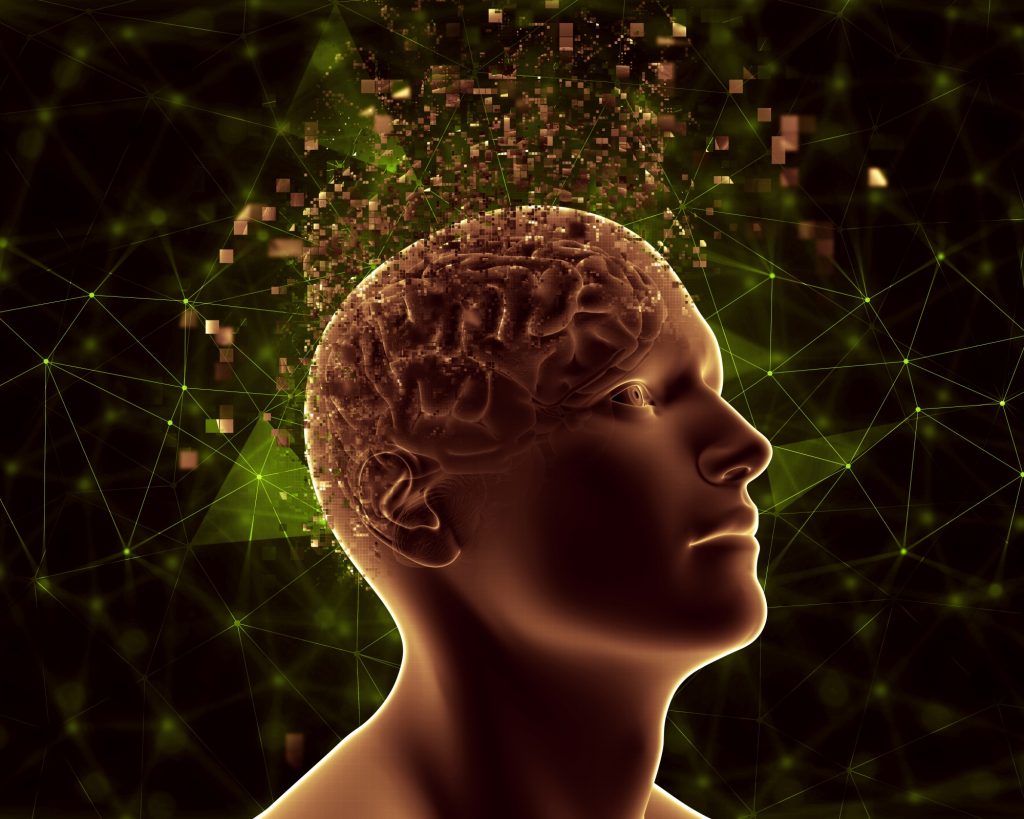San Francisco, CA – OpenAI has announced the limited rollout of a groundbreaking new feature for its wildly popular AI chatbot, ChatGPT – memory capabilities. This long-anticipated upgrade will allow ChatGPT to remember key details and preferences from previous conversations with a user, delivering more personalized, contextually relevant responses.
According to an OpenAI blog post, this initial preview launch is only available to a small portion of ChatGPT’s massive user base, numbering over 100 million as of last month. The company says it will closely monitor feedback and watch for any potential issues before gradually expanding access.
How ChatGPT Memory Works
The memory upgrade draws on learnings from all of a user’s past interactions with ChatGPT. For example, if a user mentions their child’s interest in soccer when asking for birthday gift ideas, the bot could reference that for future gift suggestions. Or if a user indicates a preferred tone or writing style when asking ChatGPT to draft emails, it will adapt that style for future email drafts without needing repetitive instructions.
Importantly, OpenAI emphasizes that memories evolve based on interactions and are not tied to specific conversations. So information is synthesized across multiple conversations to determine relevant memories. The company says this more closely mirrors human memory.
As conversations continue over time, ChatGPT’s memory storage for each user will grow. But OpenAI says the bot has been designed such that it won’t become overloaded by too many memories. The system identifies and retains only the most relevant details needed for personalized responses.
Empowering Users With Control
Amidst ongoing concerns around AI bias and privacy issues, OpenAI reiterates that ChatGPT memory capabilities keep users firmly in control.
Individual users can choose to disable memory entirely if they wish for a more anonymous experience. OpenAI also allows selective deleting of certain memories. For example, if ChatGPT recalls an overly personal detail, the user can have this erased while keeping other preferences intact.
For enterprise customers and teams, account admins have the ability to turn off memory for their whole organization based on security protocols or other needs. Developers building apps with ChatGPT can also disable memory for their third-party bots.
Real-Life Use Cases
While the memory feature is just launching in preview, early testers highlight intriguing real-world applications:
- Personal Assistant – ChatGPT could schedule meetings, draft communications, provide gift ideas, and complete various tasks fully tailored to an individual based on remembered preferences.
- Research Tool – Students, academics, and hobbyists could have custom summaries, analyses, and recommendations generated based on their specific areas of interest as indicated in previous chats.
- Enterprise Productivity – Companies may streamline workflows around document creation, data analysis, content generation and more by having a company-wide profile of styles, formats, terminology etc. stored.
Watching For Biases and Unintended Uses
However, alongside the promise of Memory, OpenAI indicates they are assessing risks around potential biases and unintended uses of retained information. Some concerns raised by industry experts include:
- Sensitive details being unexpectedly recalled by the bot about a user’s health, identity or activities.
- Systemic biases around race, gender or culture becoming amplified by Memory over time.
- Bad actors extracting private individual memories or manipulating enterprise memories for social engineering scams.
OpenAI says they are evaluating additional guardrails during this preview period to avoid sensitive user details being remembered or surfaced without permission. Industry leaders like Fei-Fei Li, co-director of the Stanford Institute for Human-Centered AI, underscore the importance of thoughtful safeguards around AI memory models to prevent harm.

The Future with Remembering AI
As ChatGPT continues learning from its over 100 million users thanks to this memory upgrade, OpenAI CEO Sam Altman believes the bot will rapidly become smarter and more helpful. He tweeted that Memory unlocks the possibility for ChatGPT to understand context, follow complex reasoning, and generally be far more useful.
This launch opens up an exciting new frontier for conversational AI to move beyond isolated queries and instead support continuous multi-turn interactions, with the bot actively recalling prior details just like a human conversation partner would. As Memory rolls out more widely after this preview test, it may well usher in the next evolution of digital assistants and research tools that know their users more intimately to deliver fully personalized and contextually relevant experiences.
Copyright©dhaka.ai
tags: Artificial Intelligence, Ai, Dhaka Ai, Ai In Bangladesh, Ai In Dhaka, USA



